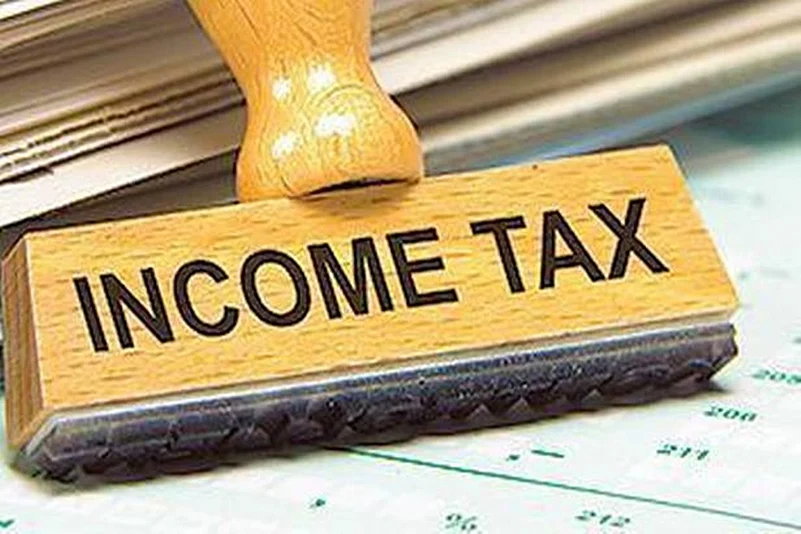The Income Tax Act of India imposes limits on cash transactions to promote transparency, curb tax evasion, and ensure that financial activities are properly monitored. These rules cover various transactions, including payments, receipts, loans, and deposits, and come with significant penalties for non-compliance.
Cash Expenses And Payments
Section 40A(3) of the Income Tax Act disallows any cash payment exceeding Rs 10,000 per day to a single person for business expenses as a tax-deductible expense. This means businesses cannot claim such cash payments as deductions, increasing their taxable income and tax liability. However, for transport contractors, the cash limit for daily payments is relaxed to Rs 35,000. This exemption accommodates the nature of business transactions in specific sectors but still imposes a limit to control large cash exchanges.
Cash Receipts
“Restrictions on Repayment of Loans and Deposits: Section 269T of the IT Act prohibits any person from making any repayment of loans and/or deposits amounting to Rs. 20,000 or more by any mode other than by an account payee cheque or account payee bank draft or use of electronic clearing system through a bank account or such other electronic mode,” says Suresh Surana, a Mumbai-based chartered accountant.
However, exceptions exist for transactions with government bodies, banking companies, post office savings banks, and cooperative banks. Additionally, specific cash receipts are allowed, such as those received by business correspondents acting on behalf of banks or companies issuing credit cards against bills raised.
These provisions encourage the reduction of cash transactions while allowing flexibility in certain regulated sectors.
Cash Donations
Donations to political parties or charitable trusts exceeding Rs 2,000 must be made via cheque or digital payment under Sections 80GGA and 13A. Cash donations above this threshold are not eligible for deductions, aiming to enhance transparency in political and charitable funding and ensure that these contributions are traceable.
Cash Loans And Deposits
Section 269SS prohibits accepting loans or deposits of Rs 20,000 or more in cash. The law mandates that such loans or deposits be received through an account payee cheque, bank draft, or electronic clearing system (ECS). Similarly, Section 269T restricts the repayment of loans and deposits exceeding Rs 20,000 in cash. These rules aim to document large financial transactions and reduce the possibility of unreported income.
Exceptions are made for transactions involving government bodies, banking companies, cooperative banks, and certain public sector undertakings. This ensures smooth transactions within these regulated entities.
Penalties For Exceeding Cash Transaction Limits
“Exceeding cash transaction limits set by the Income Tax Act in India can lead to substantial penalty exposure,” says Surana. For cash expenses exceeding Rs 10,000, under Section 40A(3), the disallowed expenses cannot be deducted from taxable income, which increases the tax liability.
Section 271DA imposes a penalty equal to the amount of cash received in violation of Section 269ST. Similarly, for violating Section 269SS (accepting loans or deposits in cash exceeding Rs 20,000) and Section 269T (repaying loans or deposits in cash above Rs 20,000), penalties are imposed under Sections 271D and 271E, respectively, with the penalty being equal to the amount of the loan or deposit.
Cash donations exceeding Rs 2,000 to political parties or charitable organizations are not eligible for deductions, reducing the tax benefits for the donor.
Key Considerations For Cash Transactions
“When making cash transactions, it is crucial to stay within the prescribed limits to comply with income tax laws and avoid penalties. Frequent large cash deposits or withdrawals exceeding Rs 50,000 in a day, or cumulatively crossing Rs 10,00,000 in a financial year in savings accounts, are reported to the Income Tax Department under the Annual Information Return (AIR). Also, High-value purchases (real estate, vehicles, jewellery) made in cash are monitored and reported to tax authorities,” says Surana.










